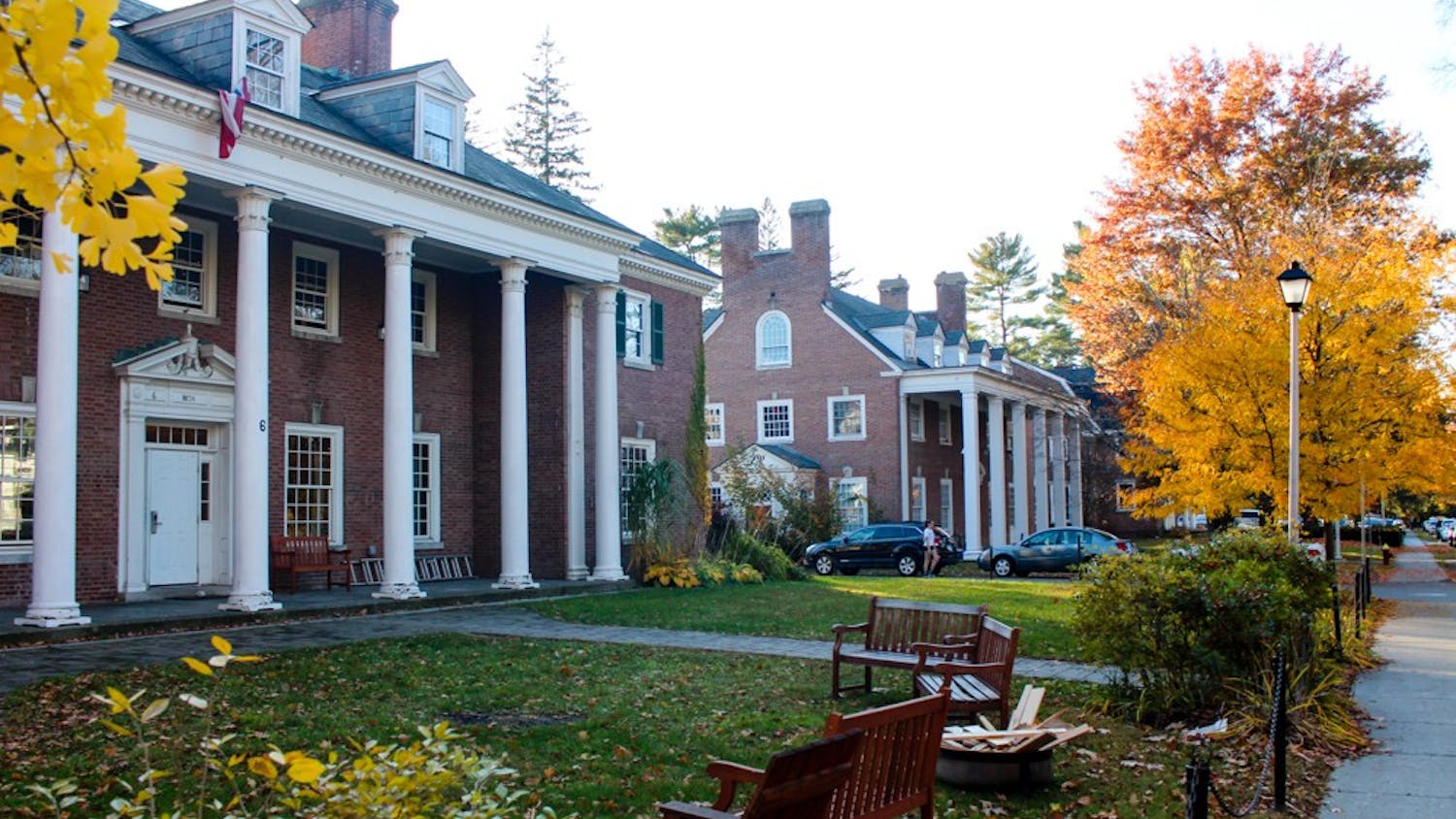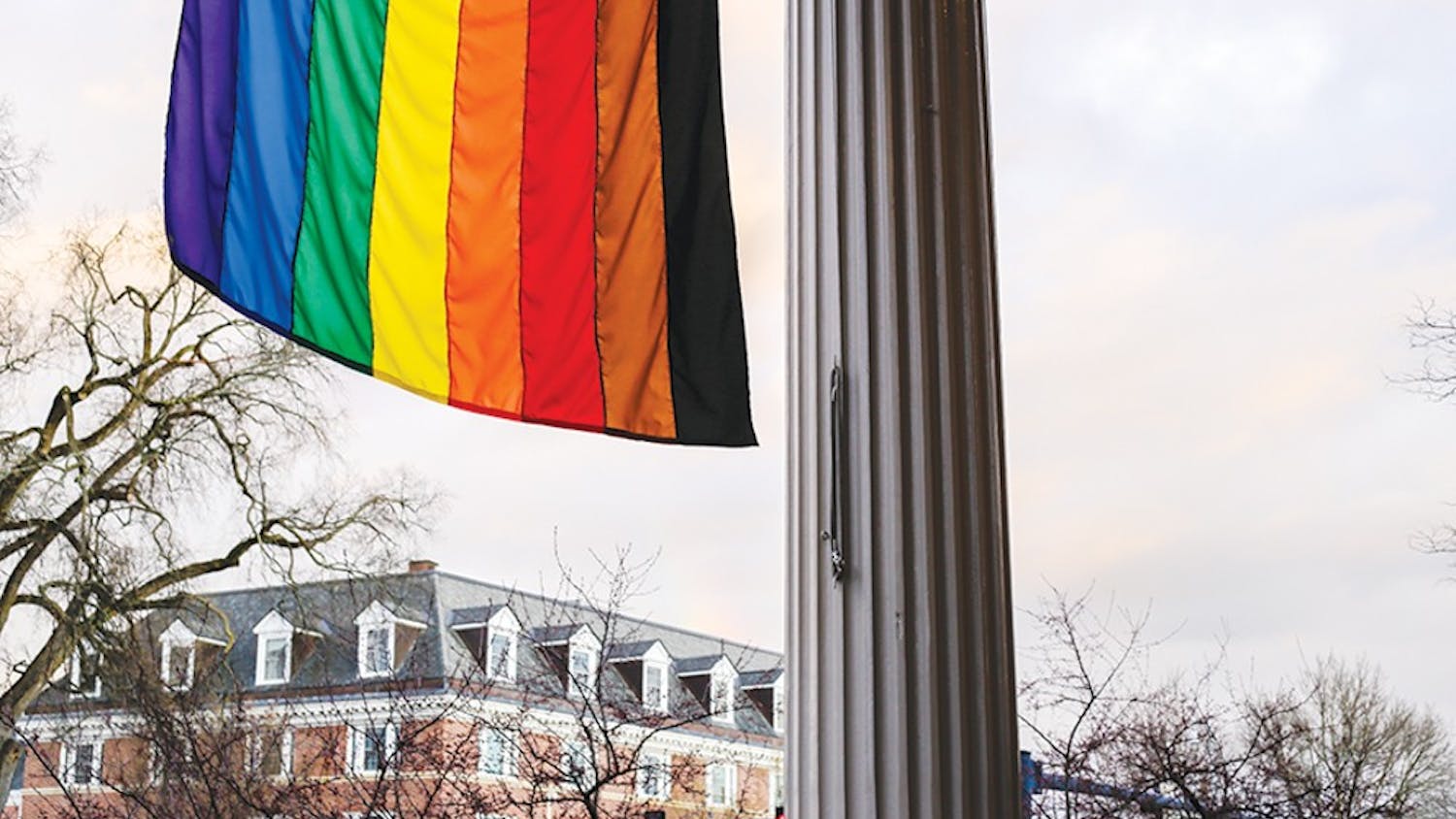As the 2020 election draws near, I am certain that many of you, much like myself, have found yourselves involved in some dispute with a family member or friend over politics. After all, many of us have been cooped up with our families for months. During these political discussions, older relatives often ask in exasperation: Why does the younger generation get so strung out over politics? Why should someone’s political beliefs determine whether or not you’ll be friends with someone? Can you not handle someone having an opinion different from your own?
But the fact is that politics are and always have represented more than abstract ideas. The outcome of political debates and legal rulings have significant and lasting consequences. Saying that politics shouldn’t define how you view a person is an inherently shortsighted approach to politics. It is a perspective that reflects privilege and reveals a lack of the understanding that for many, the political is often extremely personal.
For many, politics matters because it defines the basic fundamentals of one's life. If you come out at work, can your employer fire you because of your sexual orientation? If you are raped and become pregnant, who gets to decide whether or not you must face the consequence of someone else’s crime and carry your rapist’s child? If a police officer uses excessive force because of the color of your skin, how diligently will the legal system seek justice for you? If your parents get pulled over, will that mean they get deported back to a country from which they tried so desperately to flee?
For people of color, members of the LGBTQ+ community, immigrants, people with disabilities and most minority groups, the political is disproportionately impactful. Marginalized groups live in very different realities than that of the white, heterosexual and cisgender majority. Their rights and experiences are often determined directly by political decisions.
As a queer person, I can still be denied service in 25 states, housing in 23 states and credit and loans in 35 states on the basis of my sexual orientation. It took a Supreme Court case in order for me to be allowed the opportunity to marry or be protected from employment-based discrimination. While I am thankful for the progress that has allowed me to be an openly queer person without fear of arrest or judicial persecution, the fact that I have to rely on “progress” at all in order to be granted the same rights and protections as my straight peers exactly proves my point. For me, politics isn’t something I can just ignore or put aside as politics determine what freedoms I do and do not have. The same is true for other individuals and communities.
Many of you may note that politics affects everyone — if Congress increases taxes, you have to pay them, regardless your identity, race or ability. While a lot of policies aren’t identity-specific, the fact that any are — that any rights or protections under the law are determined by one’s gender, race, ethnicity, ability or sexuality — is the problem. For example, Black males convicted of the same crimes as white males receive sentences that are on average 19.1 percent longer, transgender veterans are often denied Vetarans Affairs coverage due to their gender identity and disabled workers are allowed to be paid a mere one dollar per hour of work. We can’t get rid of “identity politics” until one’s identity stops determining what protections and rights one has.
To understand the disproportionate impact of politics on marginalized groups and communities and to do nothing about it is irresponsible and selfish. I, much like many of my peers, understand that politics is much more than an abstract concept, but rather a major source of influence and authority in people’s lives. And moreover, that its impact is more severe for marginalized groups and communities.
“Putting politics aside” rather than engaging in reasonable, rational debate is dangerous in that it fails to acknowledge that the ability to be neutral is, in and of itself, a privilege. If a political issue or ideology threatened your ability to find a job, access services or feel safe existing in the U.S., I am certain you would not be so quick to dismiss the merits of discussion and debate.
We must keep informed and outspoken on political issues, and speak up for those whose voices are so often silenced or spoken over. We must not be neutral in a system that assigns value and protections to individuals based on who they are or where they come from. And we must not be content with a status quo that privileges the rights and protections of one group of people over another. Silence is also a stance — it is just a lazy and dangerous one.



